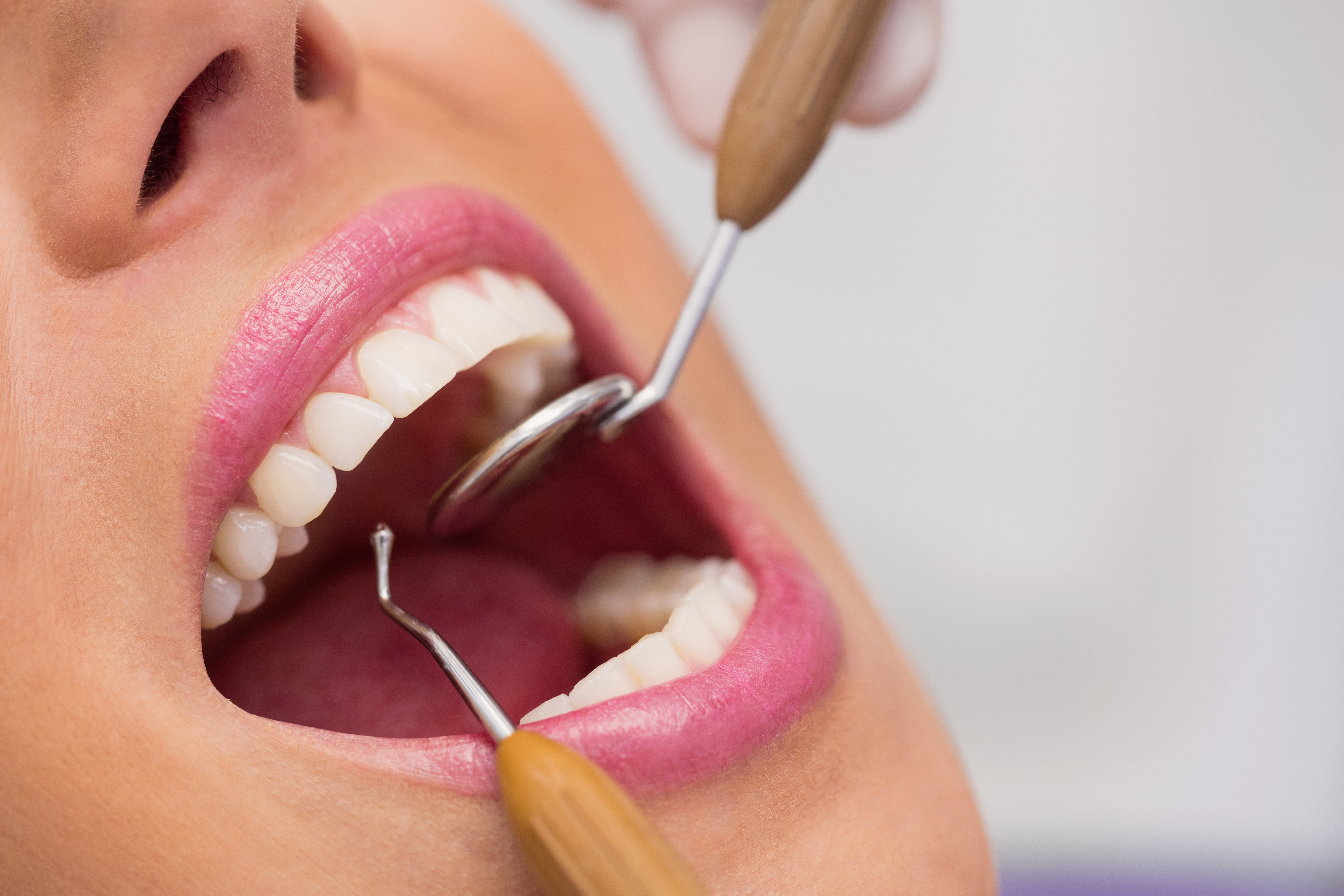Tooth Extraction Aftercare and Recovery Tips to Heal Quickly
By :
Affordable Dentist | August 29, 2023
Have you ever felt the need to remove your teeth after experiencing excruciating pain or other dental concerns? Read on to understand the significance of teeth extractions and how to care after the procedure.
Tooth extraction is a common dental procedure many people undergo at some point in their lives. Proper aftercare is crucial for a speedy recovery, whether it's due to tooth decay, gum disease, or overcrowding. This blog will guide you through the essentials of tooth extraction aftercare and share valuable insights on how a dentist can facilitate your healing process.
Tooth Extraction: Here's What You Need to Know
Tooth extraction is like a dental "goodbye" – when a tooth needs to be removed from its home in your mouth. Dentists or oral surgeons handle this, especially if a tooth is damaged, rotten, or causing trouble. It's like a solution to stop pain, infection, or if your mouth is too crowded.
First, they numb the area so you won't feel a thing. After the tooth is out, you've got to take care of the spot to help it heal. Sometimes, dentists might consider putting a new tooth in its place, like a dental implant. So, extractions help deal with teeth that are causing problems.
Who is an Ideal Candidate for Tooth Extraction?
Tooth extraction becomes necessary under various circumstances, including:
Severe Tooth Decay: When a tooth is extensively decayed, beyond the point of repair, extraction may be the best option to prevent further complications.
Impacted Wisdom Teeth: Wisdom teeth that don't have enough space to emerge properly can lead to pain, infection, and shifting of surrounding teeth.
Orthodontic Treatment: Some individuals might require tooth extraction as part of orthodontic treatment to create enough space for teeth alignment.
Infection or Gum Disease: Advanced gum disease can weaken the supporting structures of a tooth, necessitating its extraction.
Fractured or Broken Teeth: Extraction might be recommended if a tooth is severely fractured or broken and cannot be repaired.
What Happens During Extracting Your Tooth?
The tooth extraction involves numbing the area with local anesthesia to ensure a painless experience. Your dentist will gently loosen the tooth using specialized instruments and carefully remove it. They may make a small incision to access the tooth for impacted or complex extractions. Depending on the extraction's complexity, stitches may be required in some cases.
Why Aftercare is Vital Post Removal of Teeth?
Taking care of yourself after the tooth is out is super important. When the tooth's gone, a special thing called a blood clot shows up in its place. This clot is a big deal because it helps your mouth heal.
You've got to be careful with it, though. If you don't follow the rules for aftercare, like no poking or prodding, you might end up with trouble. Infections, delayed healing, or even a "dry socket" could happen. So, consider aftercare your secret weapon to heal nicely without any extra problems.
Post-Tooth Extraction Healing: How Much Time Do You Need?
The recovery time after tooth extraction can vary depending on factors like the tooth's location, the complexity of the extraction, and your overall oral health. In general, the initial healing period takes about one to two weeks. You may experience some discomfort, swelling, and mild bleeding during this time. Following the guidelines provided by your dentist can significantly speed up the healing process.
Tooth Extraction Aftercare Tips for Swift Healing
Follow these instructions for speedy recovery post-extraction of your teeth.
Keep the Clot Intact: Protect the blood clot that forms in the extraction site. Avoid vigorous rinsing, drinking through straws, or any activity that could dislodge the clot.
Practice Gentle Oral Hygiene: Brush your teeth gently, avoiding the extraction site for the first few days. Rinse your mouth with warm salt water after meals to maintain oral hygiene.
Manage Discomfort: Over-the-counter pain relievers recommended by your dentist can help manage discomfort. Follow the prescribed dosage and timing.
Cold Compress: Applying a cold compress to your cheek can help reduce swelling and numb the area, providing relief.
Soft Diet: Stick to soft foods for a few days to avoid putting unnecessary pressure on the extraction site. Opt for soups, yogurt, mashed potatoes, and smoothies.
Avoid Smoking and Alcohol: Refrain from smoking and consuming alcohol, as they can hinder the healing process and increase the risk of complications.
Stay Hydrated: Drink plenty of water to stay hydrated, but avoid using straws.
How Dentists Contribute to Speedy Recovery?
Dentists are crucial in ensuring a smooth and rapid recovery after tooth extraction. Here's how they can help:
Professional Guidance: Dentists provide personalized aftercare instructions based on your specific case, guiding you through each step of the recovery process.
Monitoring Healing: Your dentist will schedule follow-up appointments to monitor your healing progress, making adjustments as needed to prevent complications.
Early Intervention: In case of any signs of infection or complications, your dentist can provide timely intervention, preventing further issues.
Prescribing Medications: If needed, your dentist can prescribe pain relievers or antibiotics to manage discomfort and prevent infections.
Think of aftercare as your tooth's BFF – it's not just a boring routine but a major deal for a speedy recovery. You know, like following a secret recipe for feeling better. Your dentist is your aftercare coach, giving you all essential tips. When you stick to these guidelines, you're giving your mouth the green light to heal like a champ. So, remember, to rock that healthy smile after tooth extraction, follow the dentist-approved game plan and ace the aftercare routine!


